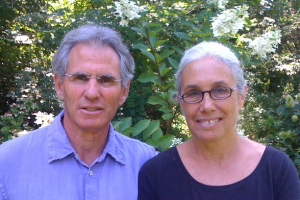Advancing & Growing the Work We Hold So Dear
A Message From Allan Goldstein
Associate Director
UCSD Center for Mindfulness
Dear Friends and Colleagues,
When I first read Daniel Goleman's call in Emotional Intelligence for mindfulness to be taught in schools I could not have imagined that I would be sending a personal message asking for your support for a conference that brings together the wonderful growing community of people now engaged in that work.

 Mindful.org's On Teen Life blogger Gina M.
Mindful.org's On Teen Life blogger Gina M.